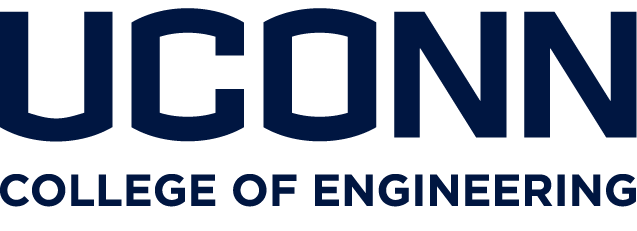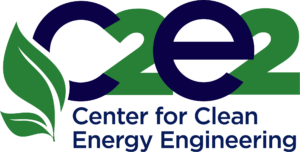Optimizing Energy Recovery From Wastewater Using Machine Learning
By: Ryley McGinnis, Communications Specialist, UConn School of Engineering
Properly disposing of biosolids in our water is essential in creating a sustainable water treatment system. Unfortunately, in the United States, and especially in New England, this process is prone to failures, leaving usable energy on the table.
A team of researchers led by Jeffrey McCutcheon from the Department of Chemical and Biomolecular Engineering in the University of Connecticut’s School of Engineering has received $2.4 million from the Department of Energy to improve the process using better control strategies aided by a machine-learning algorithm to optimize the process.
Wastewater plants currently use anaerobic digestion, a process that can turn biosolids into energy and other valuable products, but it relies on biology, which makes it unpredictable and susceptible to failures.
The team’s goal is to create a reliable and resilient system for the anaerobic digestion of biosolids using co-digestion, which combines the processing of wastewater biosolids and food waste. The combination of food wastes and biosolids is a valuable method to create energy through biogas generation.
McCutcheon and CBE Professors Ranjan Srivastava, George Bollas, Matt Stuber, Mayur Ostwal, and environmental engineering Professor Baikun Li are partnering with the Northeast Biosolids and Residuals Association (NEBRA) and the Greater Lawrence Sanitary District (GLSD) for this project.

